 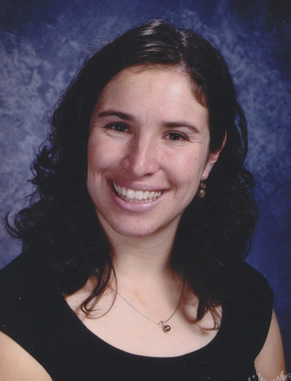 |
1. Guiding Students to Build Brains for Creative and Cognitive Success
Dr. Willis will provide you with strategies to help students engage in learning by actively using several skill sets designed to activate their developing brain networks of judgment, analysis, reasoning and cognitive flexibility. These skills will prepare students to reach their highest cognitive, social and emotional potentials. Learn how to help students succeed in the face of unpredictable problems, use cognitive flexibility and creativity with new knowledge, and become problem solvers and innovators for the 21st Century.
Judy A. Willis, MD, MEd, Board-Certifi ed Neurologist; Former Teacher; Author, Inspiring Middle School Minds: Gifted, Creative and Challenging (2009); and Malana Willis, MEd, Former Elementary School Teacher in California and Spain
|
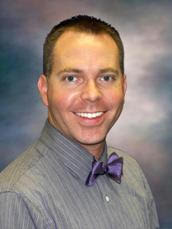 |
2. Engaging Teens and Their Brains Through Passion, Novelty and Relevance
What can we do in our classrooms to promote 100% engagement in our teenage learners? Engage them in deep thinking through passion, novelty and relevancy! This action-packed, edge of your seat workshop looks at the latest research on student engagement, student thinking and how to design classrooms that promote deep thinking and understanding. You will explore targeted and specific strategies for grabbing and maintaining student engagement at all three levels: behavioral, emotional and cognitive.
John T. Almarode, PhD, Department Head and Assistant Professor, Educational Foundations and Exceptionalities, College of Education, James Madison University; Co-Author, Captivate, Activate, and Invigorate the Student Brain in Science and Math (2013) and Dylan Discovers His Brain (2010) |
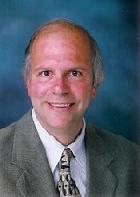 |
3. Executive Functions and Creativity
The increased familiarity of the term executive functions has been accompanied by increased efforts to understand its relationships with a wide range of other cognitive constructs such as creativity. Although these efforts have produced some interesting results that suggest a link between executive functions and creativity, a number of the research findings appear to be contradictory, at least at first glance. Dr. McCloskey will provide a comprehensive model of executive functions that can be used to better understand the current research findings and to clarify how creativity and executive function capacities are related. He will then discuss the implications of the relationship between creativity and executive functions for learning and production in and out of the classroom.
George McCloskey, PhD, Professor and Director, School Psychology Research, Department of Psychology, Philadelphia College of Osteopathic Medicine; Lead Author, Assessment and Intervention for Executive Function Diffi culties (2009); Co-Author, Essentials of Executive Functions Assessment (2012) |
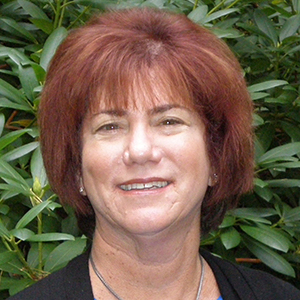 |
4. Creativity and Imagination: Unlocking the Power of Imagination
Bring the WOW into teaching and learning by activating dendrites through imaginative thinking. Imagination sparks possibility thinking, enables us to envision potential and allows us to deepen our understanding of complex concepts and problems. In this workshop, you will explore ways to target imagination in schools, convert a typical standards-based lesson to one that utilizes imagination, link imagination to four creativity skills and utilize varied types of strategies and techniques to access imaginative thinking. Join the discussion to help make creativity and imagination a national imperative in schools.
Patti Drapeau, MS, Educational Consultant; President, Patti Drapeau Educational Consulting; Part-time Faculty, University of Southern Maine; Author, Sparking Student Creativity: Practical Ways to Promote Innovative Thinking and Problem Solving (2014), Diff erentiating with Graphic Organizers: Tools to Promote Critical and Creative Thinking (2008) and Differentiated Instruction: Making It Work (2004) |
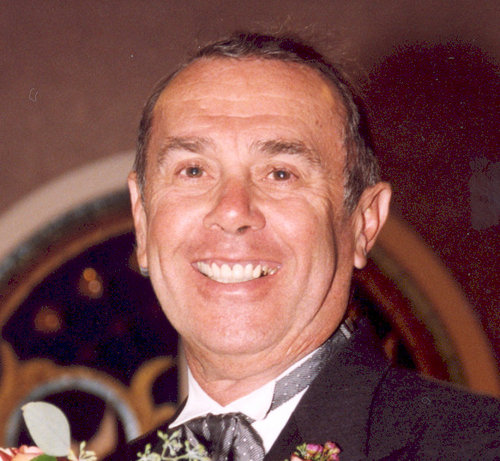 |
5. Imagineering K-12 Classrooms: Designing a Theme Park Attraction to Teach STEM and STEAM Inquiry, Creativity and Innovation - SOLD OUT
Become an “Imagineer” for the morning and design a new “Theme Park Attraction”, as though you worked for Disney or Universal. Create a “Real World Project” with hands-on tools designed to prepare students for the world that is their future. Working in teams, you will explore such topics as STEM, Inquiry/Project Based Learning, patent research, storyboarding, sketch ideas, building models, testing ideas, presentations and how to complete the project. Learn how to intentionally and structurally go about teaching kids to think critically, so they will be deeply engaged in STEM learning. Walk away with ideas that can transform your classroom.
Howie DiBlasi, MA, Educational Technology; Adjunct Professor, Adams State College; Former CIO of Durango Public School District; Master Certified Trainer on Digital Technology and 21st Century Learning; Recognized as “Vocational Teacher of the Year” for the State of Arizona and nominated as a finalist in the “Top Secondary Leaders in America” award
|
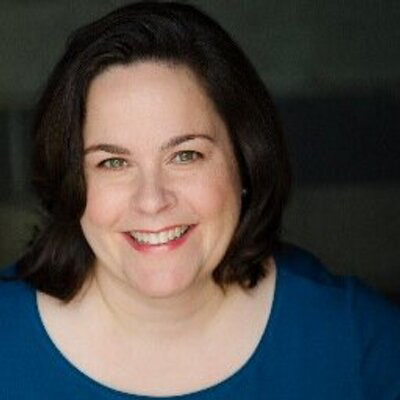
 |
6) Active and Engaging Learning for the Classroom with Movement and Creative Dramatics - SOLD OUT
The evidence is clear: Students have to MOVE to really engage in learning! Improv exercises help develop interdisciplinary literacy skills and social studies content knowledge. They also boost skills that are crucial for student learning: listening, teamwork, communication, idea-generation, vocabulary and more. Based on Dr. McKnight’s co-authored book, The Second City Guide to Improv in the Classroom, you will learn how experiences lead to learning. Discover how to use improvisation and active learning in a way that can boost student literacy skills and content knowledge.
Katherine McKnight, PhD, MEd, Educator and Consultant; Co-Author, The Second City Guide to Improv in the Classroom: Using Improvisation to Teach Skills and Boost Learning (2008); and Richard M. Cash, EdD, International Speaker and Educator; Co-Director, Lakeshore Players Children’s Theater Company; Co-Author, Differentiation for Gifted Learners: Going Beyond the Basics (2013) |









